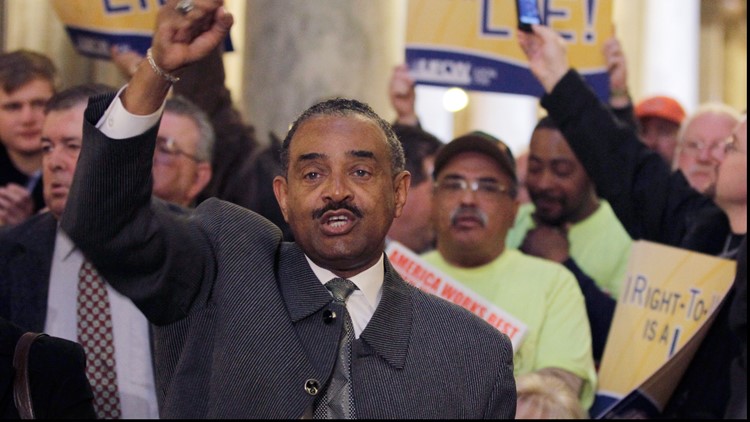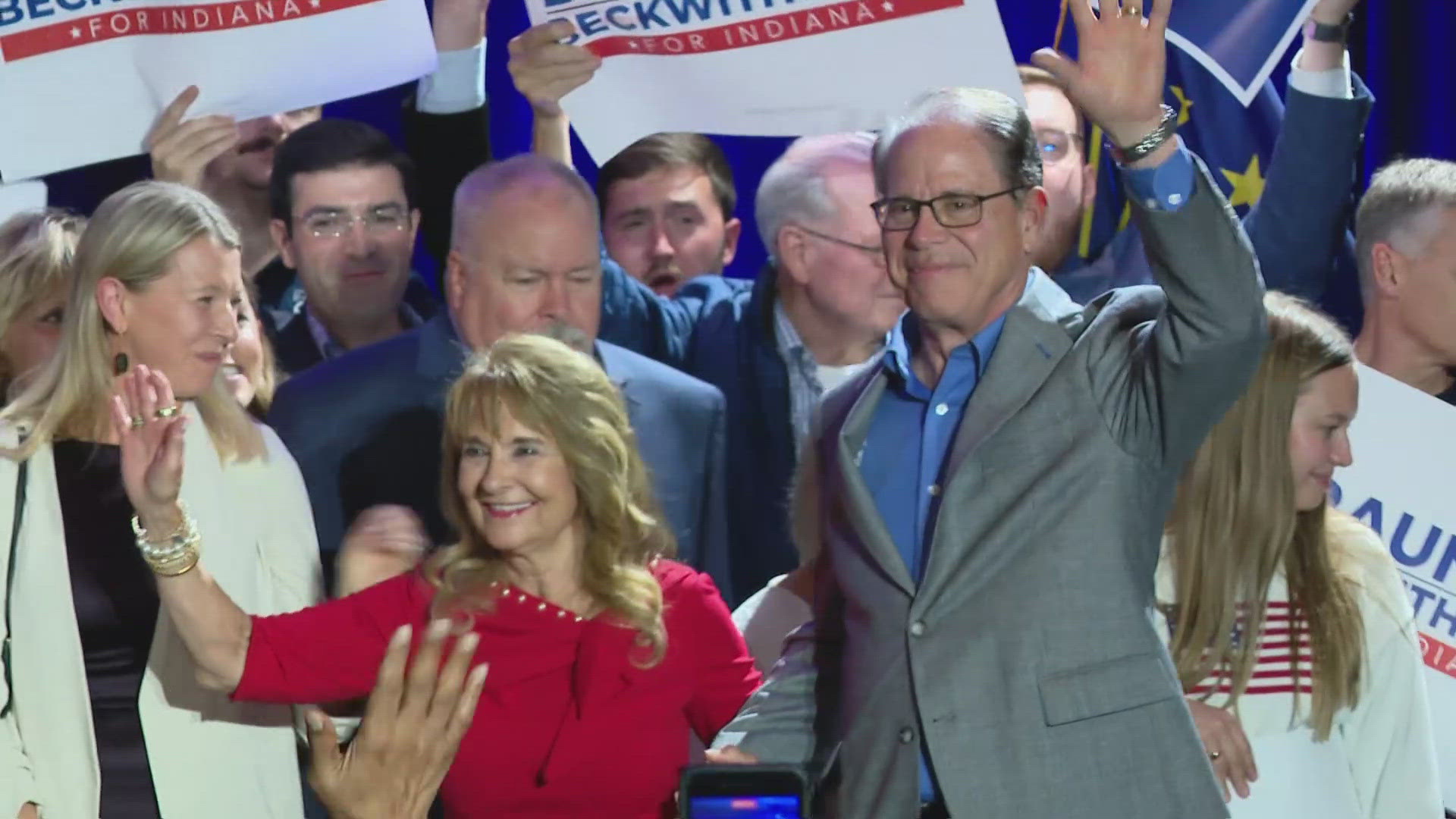INDIANAPOLIS — Few people have more experience within the Indiana State Capitol than Rep. Vernon G. Smith.
Since 1990, Rep. Smith has been representing Indiana's District 14 in Indianapolis. With a background as an educator, he worked throughout the duration of his 32 year long career to bring equity to Indiana school systems, and serves as Ranking Minority Member of the House Education Committee. He has been honored with more than 200 awards and citations throughout his career.
13News sat down with Representative Smith to discuss what issues are most affecting Black Hoosiers today, overall shifts he has seen within the Indiana General Assembly throughout three decades of public service, and how the technical skills he developed as an educator facilitated his role as a legislator.
13News: We really wanted to speak with you, because you have been serving at the statehouse for so long. When did you start serving in the statehouse?
Smith: I started in 1990. So, I'm in my thirty second year. I am an educator. I was in public education, K-12, initially. Now I'm at the collegiate level.
I'm a pre-civil rights graduate from high school. And there were very limited careers for African-Americans at that time. Mostly in my community, people were either businessmen, they were pastors, or they were educators - they were teachers. And I had the full intentions of being a business man.
But I believe that God intended me to be an educator. And I've been very successful as an educator, in my first couple of years I was honored with the Teacher of the Year Award.
13News: What kind of lessons did you take from your background as an educator that you also applied to your role as a legislator?
Smith: Motivation. One of the things we were taught is preparation. We learn how to teach and motivate others.
So, it's been good in motivating people to support me. My communication skills certainly have been beneficial for me. A teacher is taught to be engaging and to be receptive, and to build rigor and relevance. Those kinds of technical skills that I mastered as a teacher, and as an administrator, have enabled me to be successful in a political career.
13News: When did you start getting involved with the Indiana Black Legislative Caucus?
Smith: When I got here in 1990, the Indiana Black Legislative Caucus was already in place. Some of the founders were already here at the time. Julia Carson was still here. Initially I served as a chaplain for the organization. And then I moved up to become a chairman.

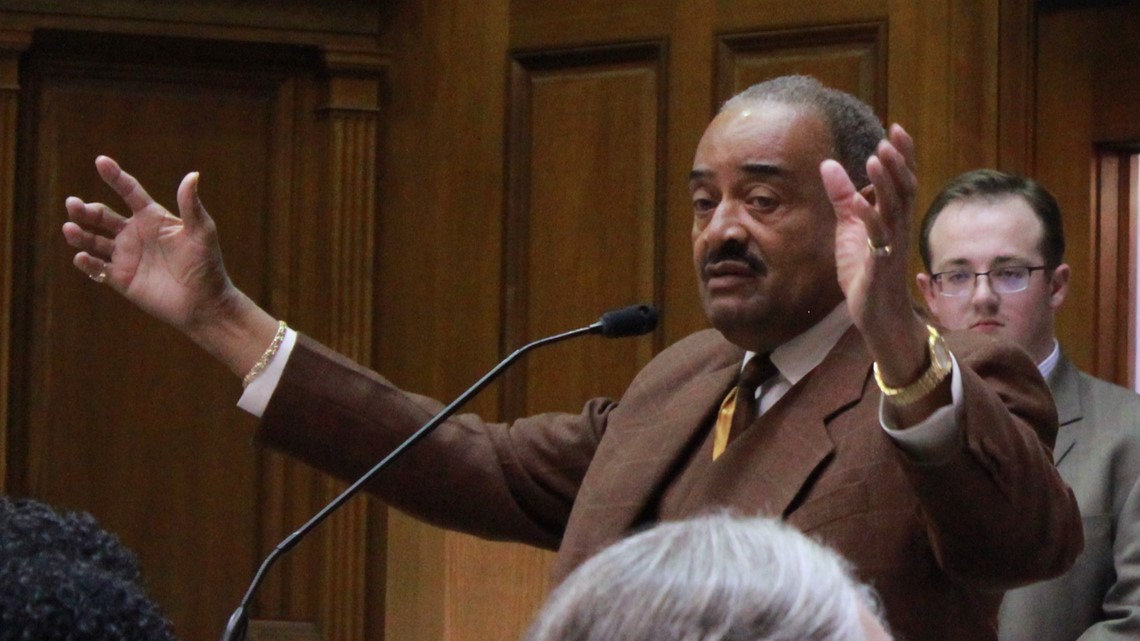
13News: Certainly Indiana is very diverse so there will be a range, but were there any issues back then that the caucus was focused that you continue to see a focus on?
Smith: The issues have not changed (laughs). Quality education, and equity in education, was a problem then and still is a problem now. Proper funding for minority schools and proper funding for minority communities as far as education is concerned. Health issues still remain a priority.
They are priorities now, they were priorities back then. Employment for African-Americans - the disproportionate number of African-Americans who end up in the criminal justice system.
All those things we talk about in Critical Racial Theory. They are systematic, they are part of America's fabric, and they are still here. All those kinds of things are still with us today that we are concerned about.
13News: As far as the the kind of issues the Indiana Black Legislative Caucus prioritizes - do you feel that the Republican supermajority has the same priorities? Do you feel like the caucus' priorities are being heard?
Smith: What we have found is that they are cordial when we have those meetings. It is a respectful communication and an exchange of thoughts. However, no action is taken.
I don't really think that the majority is sensitive to a lot of minority issues.

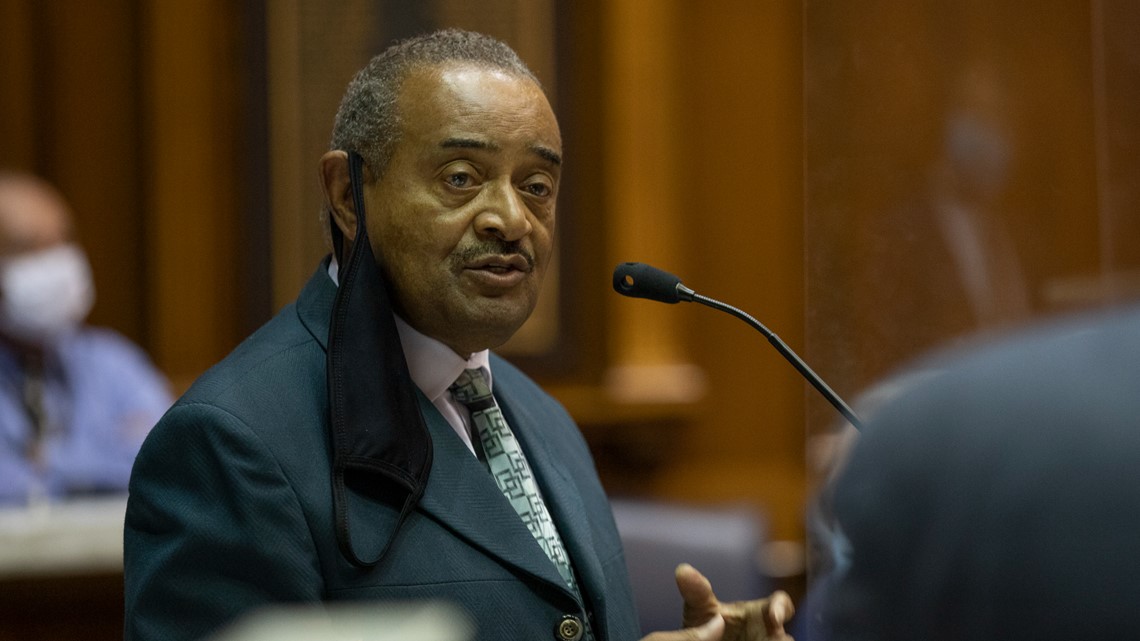
13News: Has that always been sort of the case throughout the duration of your career?
Smith: No, I don't think so. When I first got here, the House was 50/50..there was fifty Republicans and fifty Democrats. And so, we listened to each other - because we had to get somebody on the other side to join us in order for any deal to get through. So we had more bipartisan efforts.
13News: At what point in your career did you start to see that shift?
Smith: I think 10 years ago. It used to be a time that that we switched back and forth. Maybe the Republicans were in leadership for four years, and then we came back for two years and we may have gotten another four years.
Because the maps were drawn in a more fair manner than what they are now. With the way the maps were drawn now, there's little or no hope that we will ever be back in leadership. A fair map would show the breakdown of Democrats and Republicans in the state.
You know, every every election we try to find candidates that the Republican community might be receptive to consider, and who will cross their party lines and vote for a Democrat. When we look at the quality of the person.
We can't give up hope. We have to keep striving. To try to convince them of the issues affecting urban communities, and communities of people of colors. Those issues are the issues that the Republican Party has not grasped or found any endearment with, and they simply continue to push them under the rug. Or it flies over their head.
13News: How do you try to inspire hope in the younger generation?
Smith: You don't need to be silent. You don't need to be negative in your presentations. But at the same time, you need to have a voice. You need to speak up for yourself, and make sure you're doing it in a way so people will respect what you say.
I often quote what Bobby Kennedy said, when he said that one individual can make a difference. That every individual has an obligation to make the world a better place. I try to sensitize them to the fact that, you can be a change agent. Yes, the odds are against you, but you still can be a change agent. It is not over until you quit.
I try to get them to see that they are not a part of the problem, that they're part of a solution. Because sometimes, we are our own worst enemy. So I try to get them out of their state. And then I talk with them about how you can either add to the quality of life, or you can strengthen the quality of life and what side of the fence do you want to be on? You never can get to a million unless you start one.
That's why House Bill 1134 bothers me so much - when it said that teachers cannot offer their opinions to students. That you just present them with facts. Because we have to see how our society is linked together.
If you don't have a sense of what's happening around you, and hope that you can be the difference? If you don't believe in, or support patriotism? Then what's going to happen to you when an invader comes to this country? Where are you going to be?
And, you know, having them understand the quality of life that we have is not perfect. America is not perfect, but because we do have a democratic system of democracy, that is better than another places.
So, I try to expand their worldview. There are a lot of minority children, as well as those in lower incomes, where the world is their small community they have.
Some of them have not even traveled out of the state. They haven't even seen California. They haven't seen New Jersey, on New York. They certainly haven't had experience of going overseas, going to Europe, visiting the other six continents.
I try to help them to see a broader picture of what life is about.

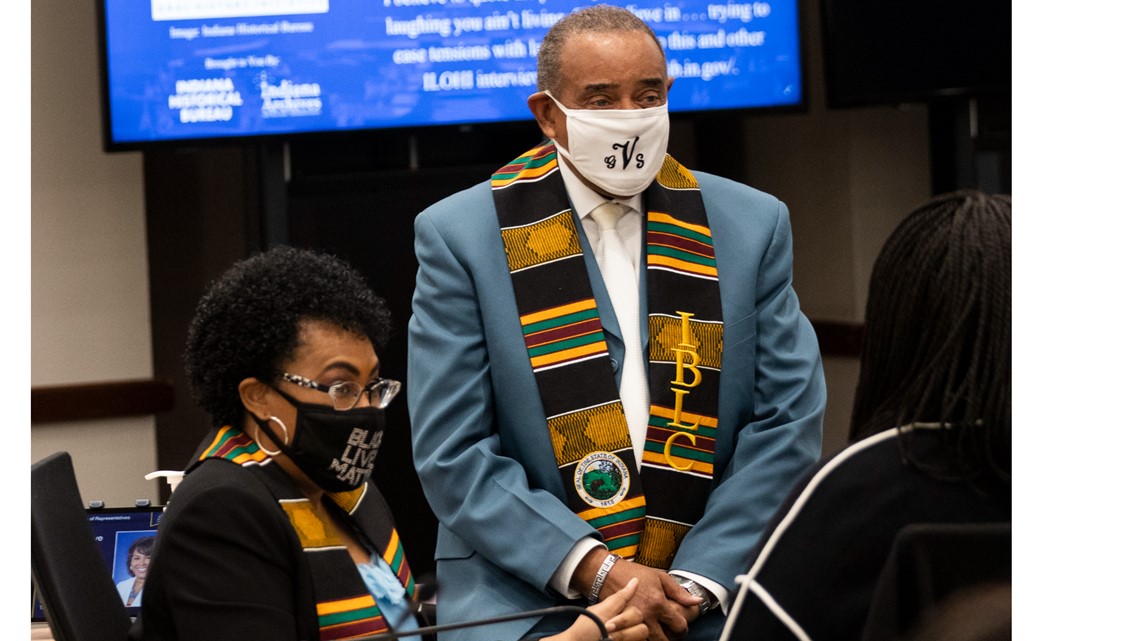
13News: You briefly mentioned House Bill 1134. When you kind of put yourself in the perspective of a teacher who was trying to teach under that bill, what does that look like? How would that have affected your classroom as an educator?
Smith: Well, teachers are very concerned about that bill because it limits their ability to teach. You know, one of the things that we do in schools is to try to teach children high level thinking skills.
With high level thinking skills, you must justify. You must defend. You must explain.
If we only present the facts, and a child is not able to connect the dots - okay so we've made you feel uncomfortable. But the only way you get change is through internal dissatisfaction or outside agitation.
We have to get them dissatisfied with the status quo, so that they want to change. And that comes through questioning strategies, and it comes through exposure of other thoughts. It's studying the pros and cons of a situation. Why is this a pro, why is this a con?
I think if our goal is to create a critical thinking individual, who knows how to function and solve problems, we've got to show them what the problems are. And life is full of problems.
For example, I had coursework where I disagreed with the professor. And that's way before kids got the liberation movements that they are a part of now. I learned to dismiss what teachers were saying that I disagreed with. But it made me think about it.
See, if you challenge me, I ought to be able to bend my beliefs.
If I'm never challenged with it, I'm just believing somebody told me to believe my parents don't believe.
But if you challenge me with it, and I began to see the real issues, the pros and cons, and then I either can support my beliefs, or I can have the opportunity to change my beliefs.
13News: When you look back at your career, and this is maybe kind of an unfair question because you've been here for so long, but if you had to kind of pick three words that describe the duration of your career and what you've experienced and things like that, what would those three words be for you?
Smith: I was a servant. I'm not a slave to the people, but I served the people. I think that's a positive thing.
Communicator. I think that that in my servant role...communicating with the people so that I know what you want so that I'll be able to represent you well.
And patience. Because it takes some time. Some of these bills that I introduced, you may sometimes have to introduce them three or four times before they pass into legislation.


